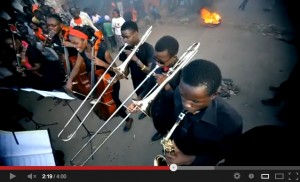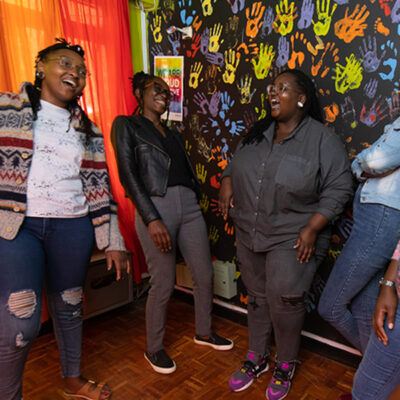Six years after violence and conflict marked Kenyan elections in 2007, millions of Kenyans will travel to the polls to elect their new leaders in early March. This is a pivotal moment in Kenyan history following the peaceful ratification of Kenya’s new progressive constitution in 2010. Each moment in Kenyan history is unique, and we must not allow our views of the prospects for the 2013 election to be overly determined by the violence of 2007.
With that perspective in mind, we should take a close look at Jeffrey Gettleman’s New York Times article of February 22, “Neighbors Kill Neighbors as Kenyan Vote Stirs Old Feuds.” In this report, Gettleman, a highly influential writer, raised the specter of concern about escalating violence around the upcoming election. But Gettleman’s analysis is missing some of the most encouraging developments, and it unintentionally undermines the positive steps that Kenyan activists and the Kenyan media have taken to quell the violence and ethnic clashes that crippled Kenya during the election in 2007. Here’s some of what was not reported, which I have learned from my recent travels in Kenya as a program officer for AJWS:

1) Kenyan activists have been working on election-related issues for years to prevent the type of violence that plagued the country in 2007 and 2008. Several grassroots organizations supported by AJWS have been engaged in creative work to monitor the election. For example, an innovative youth movement called Pawa254 has used graffiti art, hip-hop, and public demonstrations to promote peace in slum communities that had been hot spots for political violence during the last election.
2) A group of Kenyan civil society organizations has filed a lawsuit challenging the eligibility of presidential candidate Uhuru Kenyatta to run for president since he has been indicted by the International Criminal Court (ICC) for instigating crimes against humanity after the disputed 2007 election. It is unlikely that the case will be decided at this point because it is so politically charged, but it demonstrates that Kenyan civil society is not afraid to take on powerful politicians. It is also worth noting that the head of the coalition that is advancing the case is from Uhuru Kenyatta’s own ethnic group, which suggests that not all Kenyans are voting in ethnic blocs.
3) About 10 days ago, Kenyan media organized the country’s first-ever live presidential debate. The debate was broadcast on every TV and radio station in Kenya and the moderators did a fantastic job, encouraging the candidates to discuss controversial issues including tribalism, the previous election violence, and the ICC indictments. They also urged candidates to articulate their stances on healthcare, education, and the lack of economic development in rural areas. The candidates debated respectfully, and it was almost universally agreed that the debate reduced tensions in the country. The Kenyan media should be receiving international acclaim for organizing and setting the tone for this unprecedented debate.
There is no doubt, as Gettleman’s reporting confirms, that Kenya’s election on March 4th will be a tense time in the country and will dictate the course of Kenya’s future. Although Kenya’s budding democracy has its challenges, the country’s civil society has considerable strengths and has made enormous strides following the violence that plagued the last election. And that is a victory for democracy in itself.
Jaron Vogelsang is an AJWS program officer for Africa.

